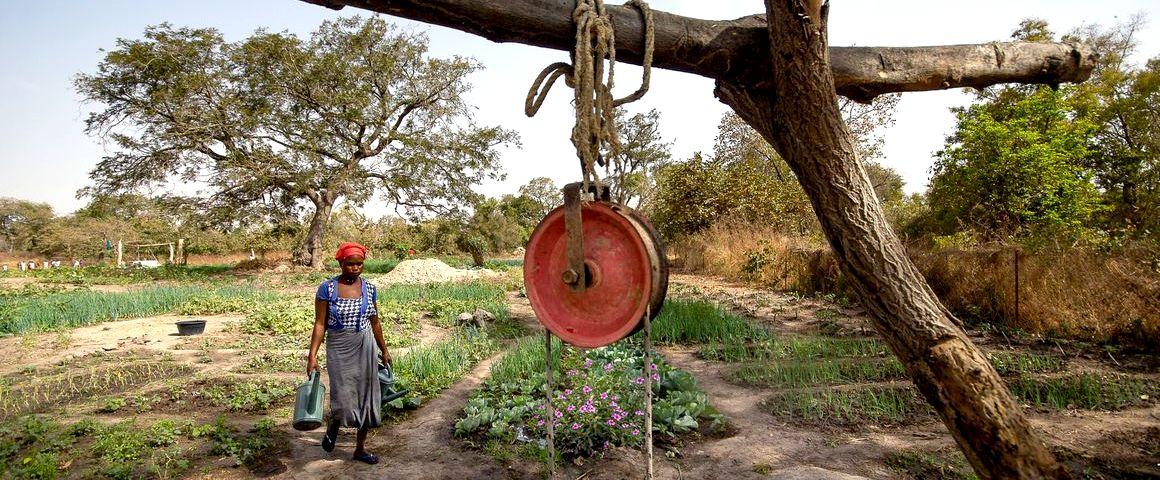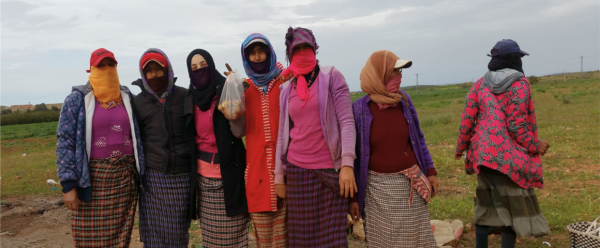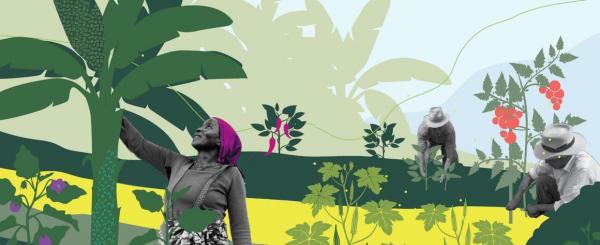Just out 30 January 2026
- Home
- CIRAD news
- News
- Perspective 58 - Crop diversification
Crop diversification to feed the world better

© R. Belmin, Cirad
Today, major changes are required in global agricultural systems to produce enough healthy food for all, while preserving the quality of land, air and water and safeguarding biodiversity. But producing enough while simultaneously protecting the environment is a particularly complex equation.
Agroecology, a key principle of which is the use of agricultural biodiversity, is a promising pathway to achieve these changes.
Extensive qualitative and quantitative evidence demonstrates the agricultural and environmental effectiveness of agroecological practices and confirms their capacity to meet the demands of global production in the long term.
Among the possible diversification strategies, agroforestry, intercropping and crop rotation can all significantly increase production and enhance biodiversity and ecosystem services (soil quality, pest and disease control, and water use and quality).
This evidence can serve as a basis for new public policies to be introduced from the local to the global level. The implementation of such policies is crucial in climate-vulnerable regions where demand for food is growing, such as sub-Saharan Africa.
Download Perspective 58
Feeding the world better: crop diversification to build sustainable food systems
Perspective
With Perspective, CIRAD sets out to suggest new lines of debate and action, backed up by research work, albeit without presenting an official institutional position.
This series of 4-page summaries presents novel ideas or policies on development issues of strategic importance for countries in the South: food security, land tenure, climate change, energy security, forest management, standards, etc.



























